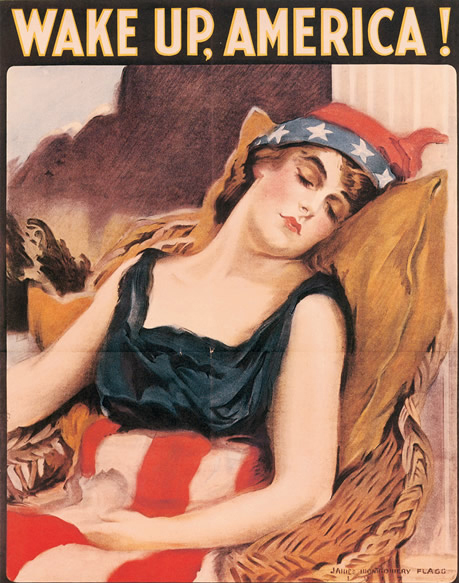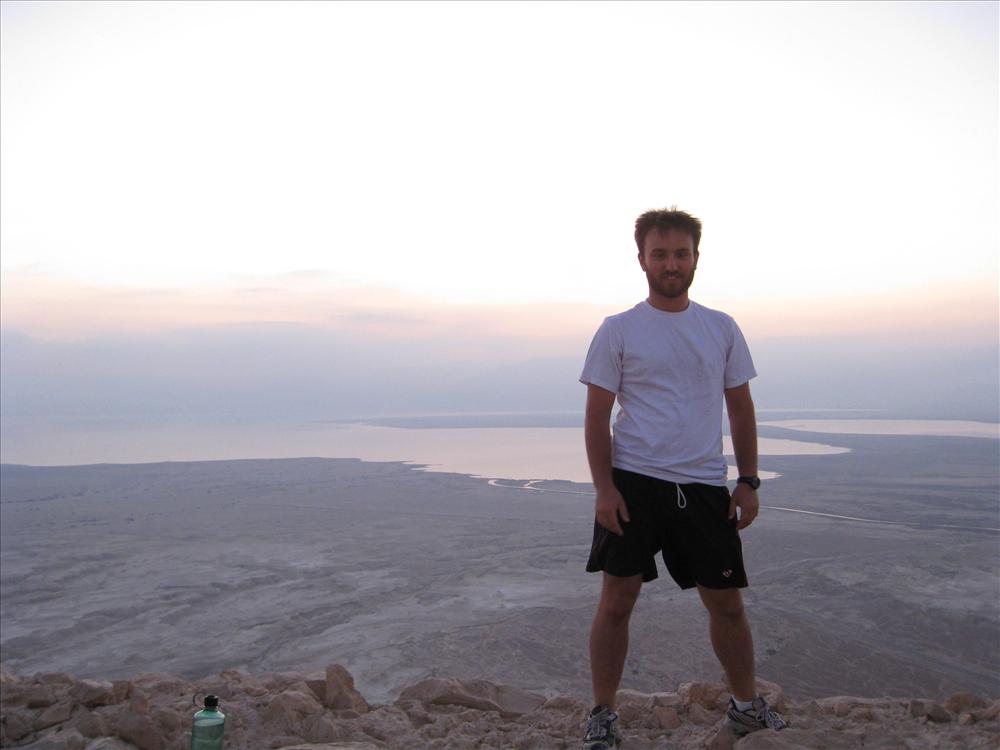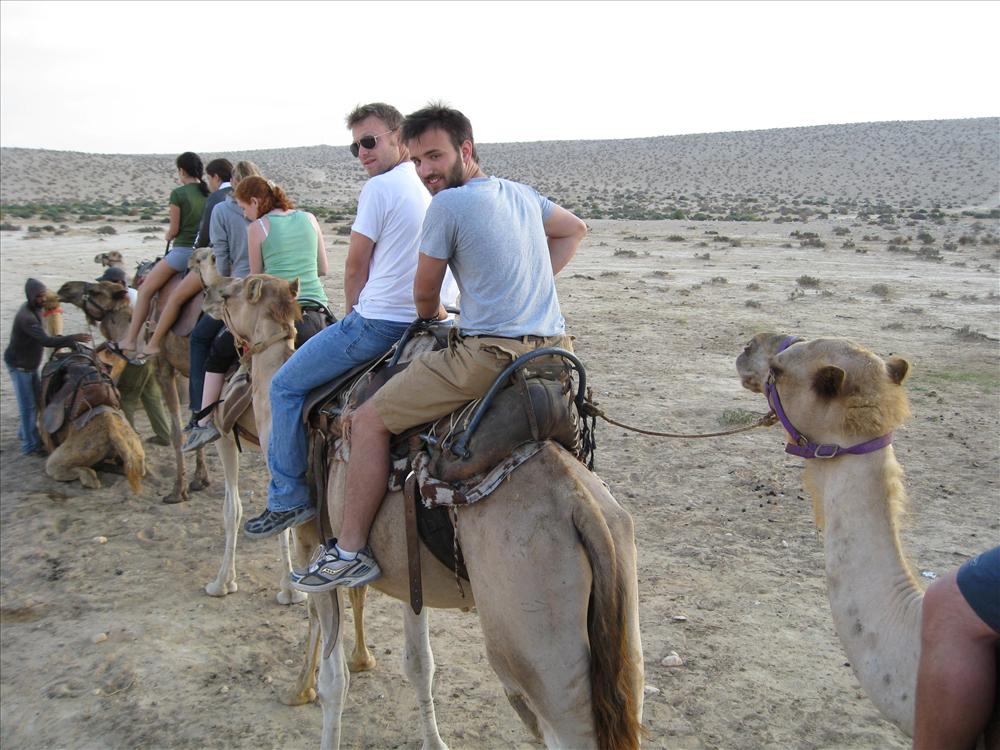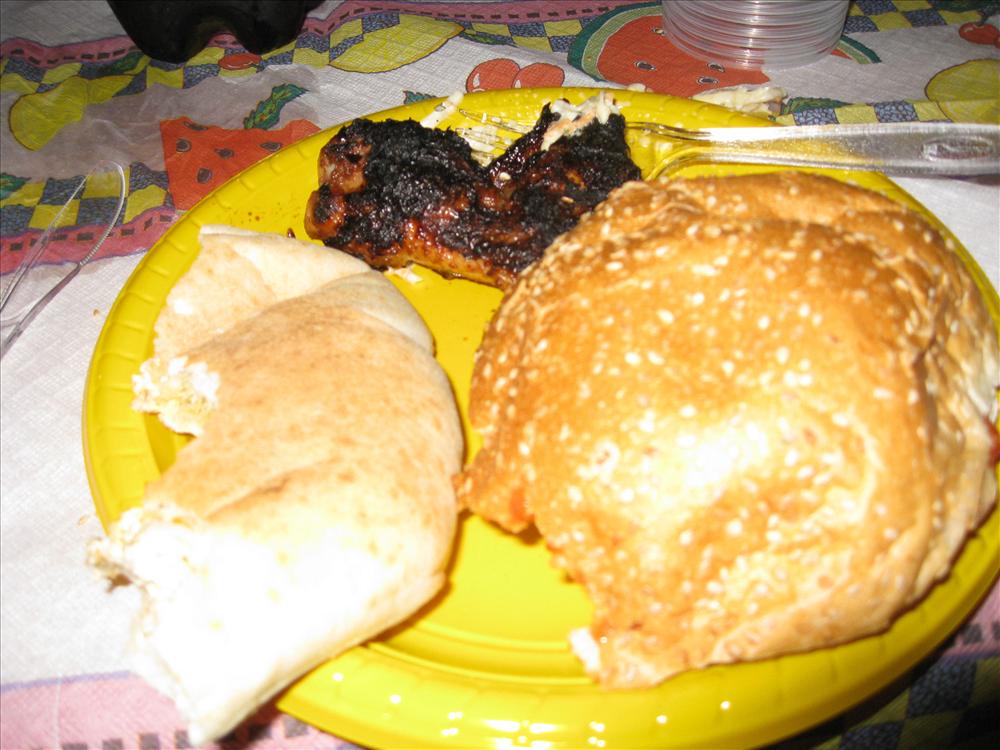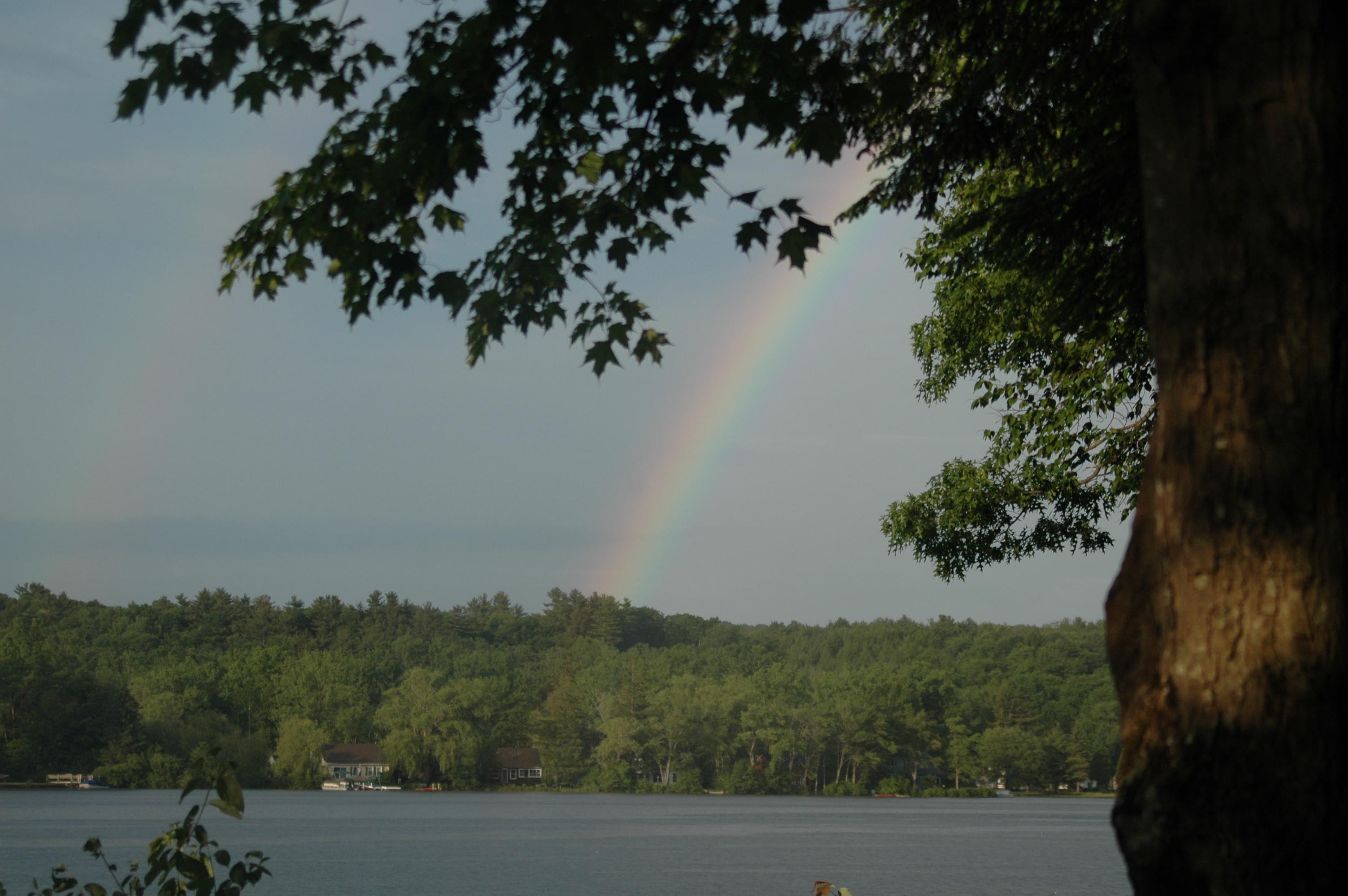Meredith Sue Willis's
Books for Readers #114
November 15 , 2008
As I write this, a week-and a half after the 2008 Presidential election, I am still stunned and gratified that a black man has won the American presidency. A few weeks before the election, I read President-elect Obama’s memoir, DREAMS FROM MY FATHER, a serious, good book, written with considerable grace and a great deal of self-reflection, and I recommend it for its own interest, aside from who wrote it. We have elected a president who not only has a brain (Bill Clinton was smart) but has an inner life as well. Anyhow, good luck to him and to all of us as he takes on that enormous job.
In the last weeks I’ve been reading somewhat randomly, for entertainment, for pleasure, to learn something. I’ve read a couple of literary novels, an excellent nonfiction book, some science fiction and – new for me– high fantasy.
I rented and liked, although maybe less than I thought I was going to, the National Book Award winner THE NEWS FROM PARAGUAY by Lily Tuck. This story of a nineteenth century South American dictator’s common-law Irish wife was gripping, vivid, and apparently grimly accurate in many of its details. Lily Tuck includes the lives and deaths of characters at many levels of society. I like the story for the breadth of its characters and for the lively adventuress-protagonist. The farther you go in the story, however, the more you become aware of how the downfall of a dictator takes so many living beings with him. Ella is a survivor, but that doesn’t mean that the rest of her life turns out well. There is so much venality and violence– it’s a rousing yarn that left a bad taste in my mouth, anyhow.
Also set south of the U.S. border was SENSELESSNESS by Horacio Castellanos Moya (photo below). 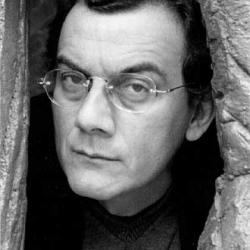 In this novel, a writer is hired to copy edit the stories of witnesses to hundreds of murders of “indigenous people” during the bloody ascendancy of the Guatemalan military in the 1980's. The writer goes nearly crazy from reading of the horrors (and discovering that one woman who was repeatedly raped and unspeakably brutalized works in the same office he does) Increasingly he becomes convinced that the military is going to try to kill him too. He also has an unfortunate one night stand with an attractive woman whose feet stink, and he becomes convinced that her boyfriend is also trying to kill him. You think at a certain point that the novel is going for a story about insanity, but at the same time, the military really IS still in charge, and there is evidence that something is going on but you can’t quite figure out what it is. It’s an interesting novel that keeps you off balance.
In this novel, a writer is hired to copy edit the stories of witnesses to hundreds of murders of “indigenous people” during the bloody ascendancy of the Guatemalan military in the 1980's. The writer goes nearly crazy from reading of the horrors (and discovering that one woman who was repeatedly raped and unspeakably brutalized works in the same office he does) Increasingly he becomes convinced that the military is going to try to kill him too. He also has an unfortunate one night stand with an attractive woman whose feet stink, and he becomes convinced that her boyfriend is also trying to kill him. You think at a certain point that the novel is going for a story about insanity, but at the same time, the military really IS still in charge, and there is evidence that something is going on but you can’t quite figure out what it is. It’s an interesting novel that keeps you off balance.
I also read the redoubtable Jared Diamond’s THE THIRD CHIMPANZEE, another of his excellent surveys of how human beings got to be who we are, and where we’re likely to go next. This one chronicles our similarities to the primates and other animals as well as our similarities to our precursor species– especially our tendency to commit genocide and to cause the extinction of other species. We killed off, for example, all the giant birds– moas, elephant birds, dodos, etc. I wonder how the ostriches survived? Maybe just because they had more time to learn how to avoid the nasty tool wielding little primates? Diamond’s work is always stimulating and worth reading.
Then I read my first high fantasy– which is fantasy in the wizards and magic and epic vein of Tolkien. I thought I didn’t care for ti, but ASSASSIN’S APPRENTICE by Robin Hobb (the pseudonym of Margaret Astrid Lindholm Ogden, a prolific fantasy and science fiction writer) was a real pleasure. Lots of blood and guts and action and love and mysterious events and also animals and coming of age. There was a little too much world building for me– an invented history in the form of epigraphs for each chapter, but I just read that part rapidly and got on with the story. The world is in technology and general aspect a version of medieval Europe, Scandinavia or maybe the northernmost British Isles, but it is that world as if Christianity had never arrived, and where some people have certain specific magic abilities which generally need to be nurtured and mastered. The precision of the limitations on the magic particularly pleased me. Also, Hobb does animals wonderfully, and the primary evil, aside from some nasty individuals, is that sea raiders are somehow creating soulless people– they kidnap people then send them home as monsters who look fine but have no morality, no sense of community at all– are individualistic eating and killing machines. I assume this will be in later volumes of the trilogy. Also, the protagonist is a young boy who is being trained to kill people– as a political poisoner.
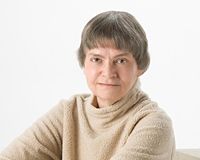 And finally, I read the long-awaited last novel of Judith Moffett’s (see photo right) science fiction Holy Ground trilogy, THE BIRD SHAMAN. It was a very gratifying book, especially to have questions answered that were raised in the first two novels in the trilogy, THE RAGGED WORLD an TIME LIKE AN EVER ROLLING STREAM. I loved finding out what happened to the characters, but you don’t need to have read the first books to read THE BIRD SHAMAN. It follows the other volumes by many years and has all the information you need to make sense of things. The novel is about the last act of a humans and aliens story, in which two alien forms, the Hefn and the Gafr, are trying to force human beings to stop trashing earth. The way they do this is refreshingly unviolent (although they are capable of violence too). They have created a general ban on human reproduction. A handful of children is still being born, enough that the species won’t die out if the ban isn’t lifted, but the world as everyone knows it is fading fast. The novel is set in the final year of the human opportunity to change their ways before the ban is made permanent.
And finally, I read the long-awaited last novel of Judith Moffett’s (see photo right) science fiction Holy Ground trilogy, THE BIRD SHAMAN. It was a very gratifying book, especially to have questions answered that were raised in the first two novels in the trilogy, THE RAGGED WORLD an TIME LIKE AN EVER ROLLING STREAM. I loved finding out what happened to the characters, but you don’t need to have read the first books to read THE BIRD SHAMAN. It follows the other volumes by many years and has all the information you need to make sense of things. The novel is about the last act of a humans and aliens story, in which two alien forms, the Hefn and the Gafr, are trying to force human beings to stop trashing earth. The way they do this is refreshingly unviolent (although they are capable of violence too). They have created a general ban on human reproduction. A handful of children is still being born, enough that the species won’t die out if the ban isn’t lifted, but the world as everyone knows it is fading fast. The novel is set in the final year of the human opportunity to change their ways before the ban is made permanent.
What happens is not what you would expect of, course: the alien species are not, in the end, all-powerful or, for that matter, all-altruistic. Moffett’s main character is the acerbic Pam Pruitt, who has been in therapy for years learning to deal with herself and her past with an abusive father and distant mother. Other important characters include a young girl, one of the few children born in recent years, who is also abused– and a popular actress! Much of the story is set in Utah, with splendid landscapes as well as the misdeeds and courage of the Church of the Latter Day Saints. There is child abuse in many forms, native cave paintings, shamanism, lucid dreaming, gardening and birds– a wonderful cornucopia of unexpected delights (unless you are already a fan of Moffett, in which case you know what to expect).
It is also, as is all the best science fiction, a suspenseful and rousing good story.
-- Meredith Sue Willis
CHRISTINE WILLIS ON THE LAST LECTURE
Christine Willis writes to recommend THE LAST LECTURE: “Maybe the idea of THE LAST LECTURE appealed to me because a cousin was dying with a variation of Randy Pausch’s disease: pancreatic cancer, or maybe it was because I thought that someone so certainly facing his mortality might have some interesting insights into life. The notion of a final lecture, a summation of sorts, is appealing on its own. But Pausch was facing the additional challenge of leaving as much of himself via language as he could for his children who would be too young at the time of his death to be able to recall him.
“Pausch’s little book (written with Jeffrey Zaslow) explains what a last lecture is, and the lecture frames his book in the world of academia. He was a professor at Carnegie Mellon and was approached to prepare and give his last lecture in the throes of his final months of life.
“The chapters include Randy’s wooing and winning his wife, how he was able to realize his childhood dreams, and how to live life. He even left words of wisdom for his eighteen month old daughter: ‘When it comes to men who are romantically interested in you, it’s really simple. Just ignore everything they say and only pay attention to what they do.’
My favorite chapter, however, is ‘The Parent Lottery.’ The first two sentences are: ‘I won the parent lottery. I was born with the winning ticket, a major reason I was able to live out my childhood dreams.’ It is a chapter of gratitude and a description of superior parenting. The environment his parents provided for him yielded this world view: ‘…I thought there were two types of families: 1) Those who need a dictionary to get through dinner. 2) Those who don’t.’
“Pausch’s book is uplifting even with the knowledge that he is relinquishing his children, his wife, his students, and indeed, his life."
BOOKS ON RELIGION: SUSAN SCOTT’S RECOMMENDATIONS TO A YOUNG SEEKER
I asked Susan Scott for recommendations of intelligently written books about Christianity to recommend to a young friend. She wrote: “I have to be honest that I don't read much in the way of Christian apologetics these days, but I have a few ideas for books, though I can't guarantee that they are ‘assumption-less.’ C.S. Lewis is an oldie but goody – MERE CHRISTIANITY and THE CASE FOR CHRISTIANITY are two titles.
“A local church minister friend of mine also suggested an author whose name is Lee Strobel, who if his name is googled gets you to his website and books of his. I not sure whether Strobel's apologetics approach is up my theological alley or not, but that's not necessarily important. If I come across other titles/authors I will advise.
To my mind, Judaism is less of a stretch theologically than Christianity which presents the whole hurdle of understanding what it means for Jesus to be called the Son of God, and some camps of Christianity have taken to worshiping Jesus rather than God, which I don't think Jesus ever intended. The whole ‘dying for our sins’ tradition of interpreting Jesus' death on the cross, is another hurdle – not to mention the Trinity! I have my own approaches to some of these that are probably less than ‘traditional,’ but which make it possible for me to still self-identify as a Christian.
“The reader may also want to read Sharon Salzberg's book, entitled, FAITH: TRUSTING YOUR OWN DEEPEST EXPERIENCE (Riverhead Books, 2002) --- not a Christian apologetic, but written by a Buddhist who is looking less at God and more at faith itself in our human experience. . . hence the title!”
At Susan Scott’s suggestion, I read that one, and found that Salzberg’s FAITH: TRUSTING YOUR OWN DEEPEST EXPERIENCE really fits my understanding of how things work: human beings have these insights, these moments of being, these break-throughs into something else, these moments of sensing oneness and wholeness (as well as all the opposites of those things), and we then seek ways to put these insights and feelings in different containers: Christians say they’ve received grace, Buddhists say they’ve discovered the Buddha within.
Jews and Buddhists and Ethical Humanists and some others don’t demand exclusivity in dogma for everyone. All of us of course are dealing with our human knowledge of coming of our own deaths. We assume the animals and plants don’t know they’re going to die, but maybe dying as an individual is meaningless to them–certainly to some bacteria that divides and divides and divides or to a honey bee whose self is about the larger structure, individual death isn’t very significant.
Salzberg talks a lot about faith as simply a kind of willingness to live, to go on the journey, which we are all part of anyhow, so the choice is between embracing it and avoiding the truth of it. These are my words, not hers. Suffering and change are the constants in the Buddhist universe, and their basic profession of faith is the ‘I take refuge,’ – in the Buddha, which means in the possibility of enlightenment/awareness within ones self; in the way or practice; in the community. Salzberg says, “With faith we can draw near to the truth of the present moment, which is dissolving into the unknown even as we meet it. (Sharon Salzberg, FAITH: TRUSTING YOUR OWN DEEPEST EXPERIENCE, New York: Riverhead, 2002, p. 14). I’m not a Buddhist, but there is a lot here that, as they say, resonates.
FROM ANNA SMUCKER
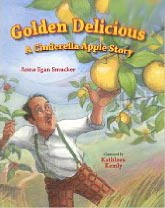
Children’s author Anna Smucker writes to say, “Just a quick note to thank you for putting the info about my new book GOLDEN DELICIOUS: A CINDERELLA APPLE STORY on your terrific Books for Readers newsletter. The book made its grand debut at the WV Book Festival (http://www.wvhumanities.org/bookfest/bookfest2.htm) last weekend. I was delighted with the response. Both the WV Book Company and Borders sold out of their copies! Quite a few of the descendants of Anderson Mullins, the Clay County farmer who discovered the apple, came to the festival to hear my presentation, some from as far away as Washington, D.C. They're all very proud to have their "family story" in a book. As always, the festival was a great energizer for me. I love being with so many other authors and with all of those great people who love books. I was especially impressed with Ann Pancake who read from her powerful STRANGE AS THIS WEATHER HAS BEEN. Take care and keep up the good work. Thanks for keeping us all informed.”
HOW TO MARK A BOOK
“How to Mark a Book” by Mortimer J. Adler, Ph.D. (http://www.radicalacademy.com/adlermarkabook.htm ) is a wonderful and wonderfully old-fashioned essay about books as physical objects versus books as interactive communications. Adler compares books to the scores of musical works--the music happens in the performance, and the book really “happens” in the responsive reader’s interaction with it. I think there is probably some relationship here to the swirling controversies over ownership of creative works and new technologies.
LISTEN
Nigel Beale has a blog that includes audio interviews of writers: NOTA BENE BOOKS . . The current interviewee is Nam Le, winner of the 2008 Dylan Thomas Prize, author of THE BOAT.
GOOD BLOGS ONLINE!
And speaking of Shelley Ettinger! She has a brand new literary blog called READ RED, at http://readwritered.blogspot.com/2008/10/at-library.html. Her interesting October 9, 2008 post is about her continuing relationship with libraries.
 In this novel, a writer is hired to copy edit the stories of witnesses to hundreds of murders of “indigenous people” during the bloody ascendancy of the Guatemalan military in the 1980's. The writer goes nearly crazy from reading of the horrors (and discovering that one woman who was repeatedly raped and unspeakably brutalized works in the same office he does) Increasingly he becomes convinced that the military is going to try to kill him too. He also has an unfortunate one night stand with an attractive woman whose feet stink, and he becomes convinced that her boyfriend is also trying to kill him. You think at a certain point that the novel is going for a story about insanity, but at the same time, the military really IS still in charge, and there is evidence that something is going on but you can’t quite figure out what it is. It’s an interesting novel that keeps you off balance.
In this novel, a writer is hired to copy edit the stories of witnesses to hundreds of murders of “indigenous people” during the bloody ascendancy of the Guatemalan military in the 1980's. The writer goes nearly crazy from reading of the horrors (and discovering that one woman who was repeatedly raped and unspeakably brutalized works in the same office he does) Increasingly he becomes convinced that the military is going to try to kill him too. He also has an unfortunate one night stand with an attractive woman whose feet stink, and he becomes convinced that her boyfriend is also trying to kill him. You think at a certain point that the novel is going for a story about insanity, but at the same time, the military really IS still in charge, and there is evidence that something is going on but you can’t quite figure out what it is. It’s an interesting novel that keeps you off balance. And finally, I read the long-awaited last novel of Judith Moffett’s (see photo right) science fiction Holy Ground trilogy, THE BIRD SHAMAN. It was a very gratifying book, especially to have questions answered that were raised in the first two novels in the trilogy, THE RAGGED WORLD an TIME LIKE AN EVER ROLLING STREAM. I loved finding out what happened to the characters, but you don’t need to have read the first books to read THE BIRD SHAMAN. It follows the other volumes by many years and has all the information you need to make sense of things. The novel is about the last act of a humans and aliens story, in which two alien forms, the Hefn and the Gafr, are trying to force human beings to stop trashing earth. The way they do this is refreshingly unviolent (although they are capable of violence too). They have created a general ban on human reproduction. A handful of children is still being born, enough that the species won’t die out if the ban isn’t lifted, but the world as everyone knows it is fading fast. The novel is set in the final year of the human opportunity to change their ways before the ban is made permanent.
And finally, I read the long-awaited last novel of Judith Moffett’s (see photo right) science fiction Holy Ground trilogy, THE BIRD SHAMAN. It was a very gratifying book, especially to have questions answered that were raised in the first two novels in the trilogy, THE RAGGED WORLD an TIME LIKE AN EVER ROLLING STREAM. I loved finding out what happened to the characters, but you don’t need to have read the first books to read THE BIRD SHAMAN. It follows the other volumes by many years and has all the information you need to make sense of things. The novel is about the last act of a humans and aliens story, in which two alien forms, the Hefn and the Gafr, are trying to force human beings to stop trashing earth. The way they do this is refreshingly unviolent (although they are capable of violence too). They have created a general ban on human reproduction. A handful of children is still being born, enough that the species won’t die out if the ban isn’t lifted, but the world as everyone knows it is fading fast. The novel is set in the final year of the human opportunity to change their ways before the ban is made permanent. 
 Alex Kato-Willis the pianist and Master’s student at USC and a violinist friend of his Kirsi Marja Alanen from Julliard staying. They are out at Ethical Culture right now practicing for a performance in Stanford, New York tomorrow at the
Alex Kato-Willis the pianist and Master’s student at USC and a violinist friend of his Kirsi Marja Alanen from Julliard staying. They are out at Ethical Culture right now practicing for a performance in Stanford, New York tomorrow at the 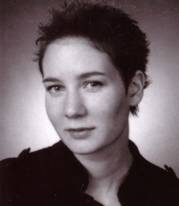 Amtrak north, where they’ll be picked up and ferried to the place where the concert is.
Amtrak north, where they’ll be picked up and ferried to the place where the concert is. 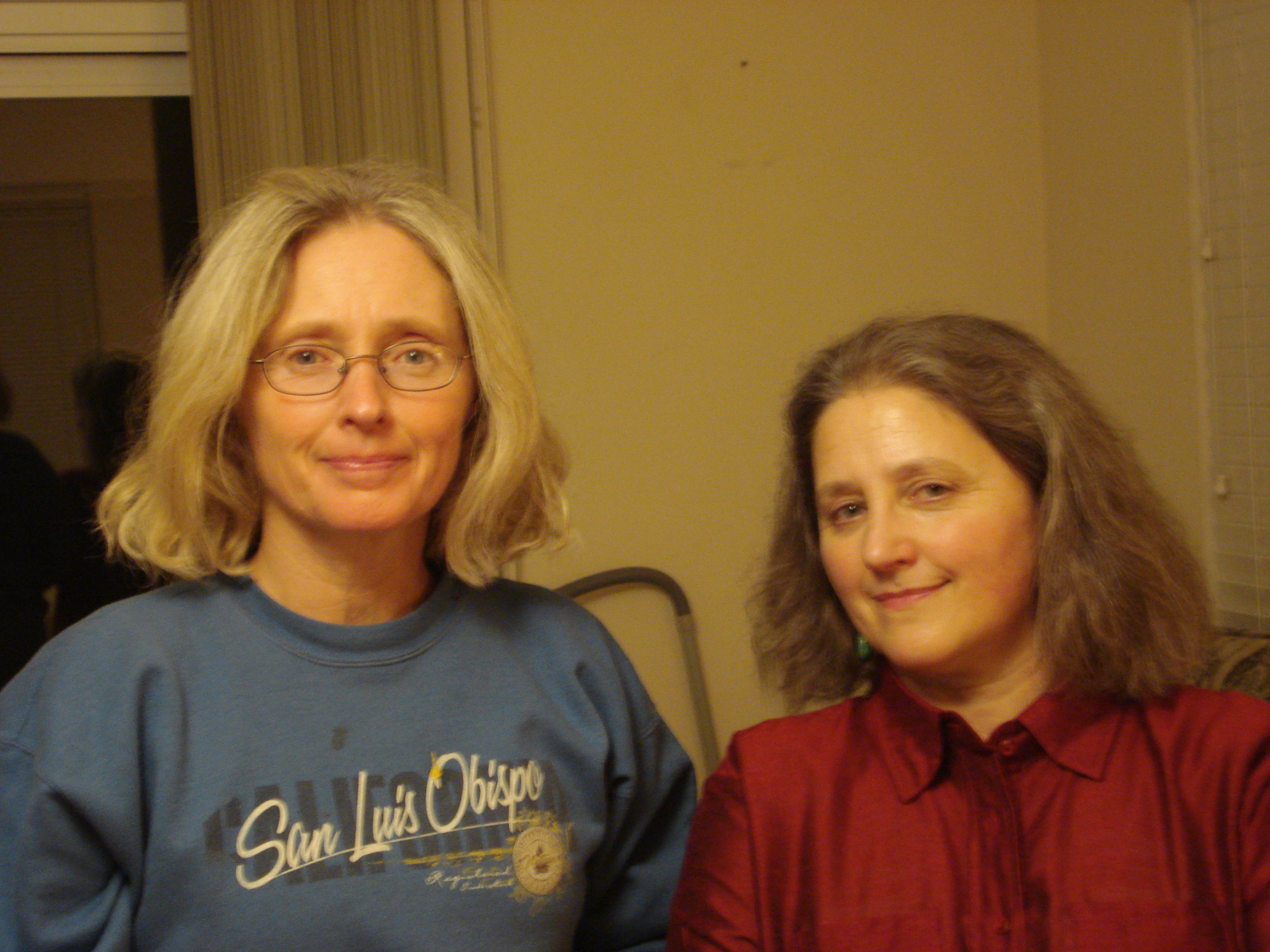
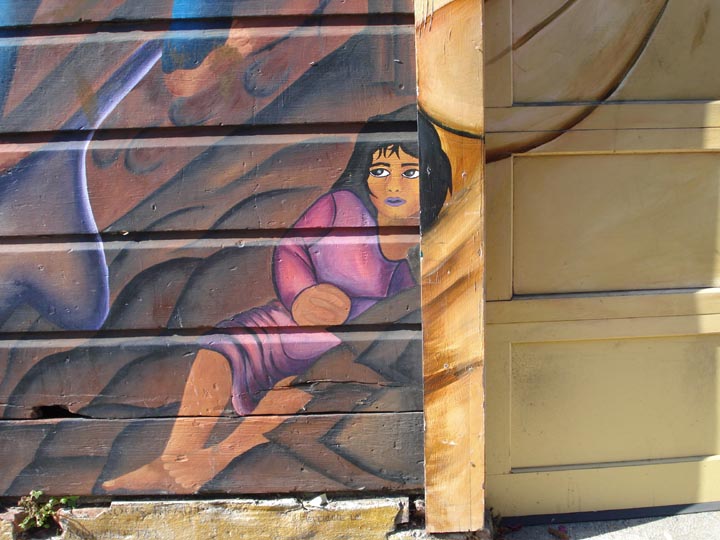 rs to be run by artists of the old hippy and hipster variety, the office actually is a working space with post cards but also materials for sale and workrooms. Everything nice and funky. The tour guide was a crusty 70 year old who looked like people I know, three day beard, big headed Jewish from San Francisco and Richmond and East Bay. Loved the little Balmy Alley with murals all along, from last year to done in the seventies. The tour ran an hour and a half, and part of what impressed me was the rehabs of old work, the occasionally little tags by graffiti artists, the sheer exuberance.
rs to be run by artists of the old hippy and hipster variety, the office actually is a working space with post cards but also materials for sale and workrooms. Everything nice and funky. The tour guide was a crusty 70 year old who looked like people I know, three day beard, big headed Jewish from San Francisco and Richmond and East Bay. Loved the little Balmy Alley with murals all along, from last year to done in the seventies. The tour ran an hour and a half, and part of what impressed me was the rehabs of old work, the occasionally little tags by graffiti artists, the sheer exuberance. 
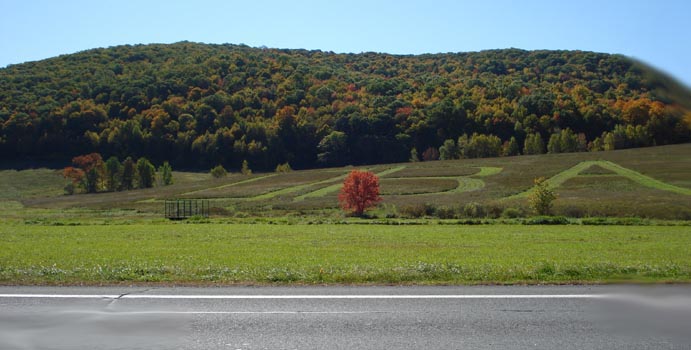


 ecent biographies of the remarkable Munzenberg, who practically invented the front group. Best after his widow’s memoir is THE RED MILLIONAIRE: A POLITICAL BIOGRAPHY OF WILLY MUNZENBERG, MOSCOW'S SECRET PROPAGANDA TSAR IN THE WEST by Sean McMeekin. (The sensationalistic title is unfortunate.) A second biography by Stephen Holder is so tendentious politically that I really cannot recommend it.
ecent biographies of the remarkable Munzenberg, who practically invented the front group. Best after his widow’s memoir is THE RED MILLIONAIRE: A POLITICAL BIOGRAPHY OF WILLY MUNZENBERG, MOSCOW'S SECRET PROPAGANDA TSAR IN THE WEST by Sean McMeekin. (The sensationalistic title is unfortunate.) A second biography by Stephen Holder is so tendentious politically that I really cannot recommend it. I read UNDER THE NET by Iris Murdoch, and found it charming, funny, and altogether a pleasant read. It was the first time I felt like I really got what Murdoch is doing. Maybe I needed the first person point of view to hold things steady for me. The tone takes off in a tone of twentieth century Oxbridge frivolity, and the story stays light in the sense that narrator Jake Donahue continues to act foolishly and get into scrapes from which he only disentangles himself with great effort and pain. He makes multiple errors of judgement and lays out red herrings of plot for us wherever he turns– and this works, because they are red herrings to him too. Then, towards the end, he takes his first real job ever, and becomes downright touching in his desire to do well. This is really a story about how a man’s arrogance and errors cause him to suffer, and also about how he comes out a better man at the other end, which makes it a comedy, of course! My hands-down favorite Murdoch so far.
I read UNDER THE NET by Iris Murdoch, and found it charming, funny, and altogether a pleasant read. It was the first time I felt like I really got what Murdoch is doing. Maybe I needed the first person point of view to hold things steady for me. The tone takes off in a tone of twentieth century Oxbridge frivolity, and the story stays light in the sense that narrator Jake Donahue continues to act foolishly and get into scrapes from which he only disentangles himself with great effort and pain. He makes multiple errors of judgement and lays out red herrings of plot for us wherever he turns– and this works, because they are red herrings to him too. Then, towards the end, he takes his first real job ever, and becomes downright touching in his desire to do well. This is really a story about how a man’s arrogance and errors cause him to suffer, and also about how he comes out a better man at the other end, which makes it a comedy, of course! My hands-down favorite Murdoch so far.